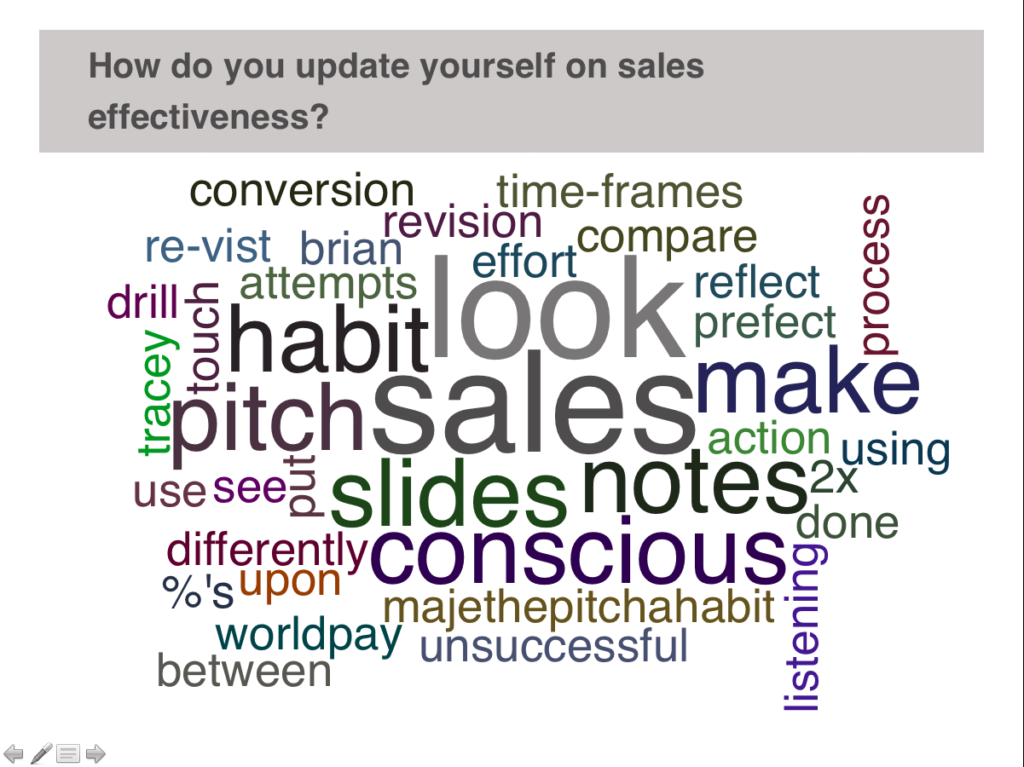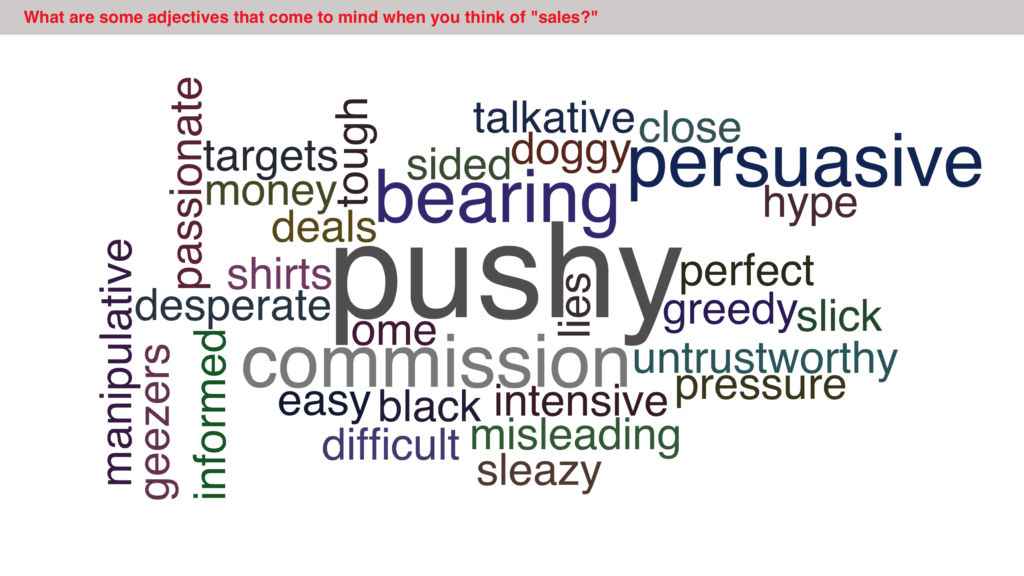Sales Training is the term used to describe interventions that aim to improve the effectiveness of sales people. The sales profession, like any other, needs to respond to changes in the environment over time. Sales people, and in particular sales leaders, are keen to maximise their sales effectiveness and operational efficiency over time. These components are the two main drivers of sales performance. Sales training typically focuses on improving sales effectiveness, as we will see. But it can also indirectly help with sales operational efficiency too.
This article looks at what sales training is, why sales training is needed, how many people undergo sales training and how sales training is one of the key ways to improve the overall sales profession.
The Need for Sales Training
Recent changes that affect the sales profession in particular include:
- The internet and the proliferation of information
- Sophistication and buying habits of the customer
- Competitive forces
- Global markets
- Product differentiation
Sales training can be instigated because of any of these change factors, and it typically results from a mix of these. The internet has had a massive effect on sales because people no longer need sales people to find out about products. In earlier times, if someone wanted to know about a product, they would ask a sales person. Not only is this role now largely defunct, people can find out how well products perform and get competitive information too. To compound this reduction in role, people have also become much more sophisticated buyers too. With the advent of a more competitive global economy and product differentiation being more short term, it becomes easy to see why many companies look for sales training to create a competitive edge.
The Aims of Sales Training
Sales effectiveness concerns how well we can sell. Some people are good at it, and some people suck. What sales leaders are looking for, and no surprises here, is for more of their sales people to be good at it than to suck at it. The best known sales effectiveness measure is the closure rate, how many sales are they closing or winning compared to how many they lose.
Sales efficiency is concerned with the speed at which each element of the sales process is performed, mostly by the sales people. In order to increase sales efficiency, companies must examine their sales process for weaknesses that can be addressed by, for example CRM software or through a reorganization and revision of existing processes.
Strong sales leaders use both of these levers to maximise the performance of their sales teams. Sales training is typically used to drive sales effectiveness. However, sales efficiencies are often scaled through sales training initiatives.
How Many Sales People Get Sales Training?
It never ceases to amaze me how many sales people are not trained to do their jobs. It also amazes me how little effort sales people typically put into updating themselves. Here’s an example poll of what 110 sales people said when asked how they update themselves on sales effectiveness:
It’s actually quite hard to glean anything meaningful from the responses. But anecdotally what I understood from the group is that reading books, listening to podcasts and reading blogs was something only other people ever do. Life is too short for that sort of stuff.
But the global market for sales training is estimated to be $2.44B (USD) in 2014. So somebody somewhere is receiving sales training. In fact the range of sales training per head is somewhere between $500 and $1500, usually depending on the scale of the sales training programme. If we take the average, then it would suggest that 2,440,000 people were trained in that year. A quick search on Linked in suggests that there are 32,328,768 sales people on LinkedIn.

So approximately 7.5% of sales people, or at least those bold enough to have sales in their title and proactive enough to network on LinkedIn, were trained last year. No wonder sales people have such a bad reputation. Imagine if 7.5% of Doctors or Lawyers were trained in any one year!
With this poor reputation in mind, here’s a recent poll showing what sales people think of when they think of sales:
Daniel Pink ran the same exercise on non sales people and the results were startlingly similar. Perhaps if more sales people went through sales training, this would not be the case.
Salestrong Approach
The approach that Salestrong have to sales training differs from other sales training companies, watch this short video to see how:


